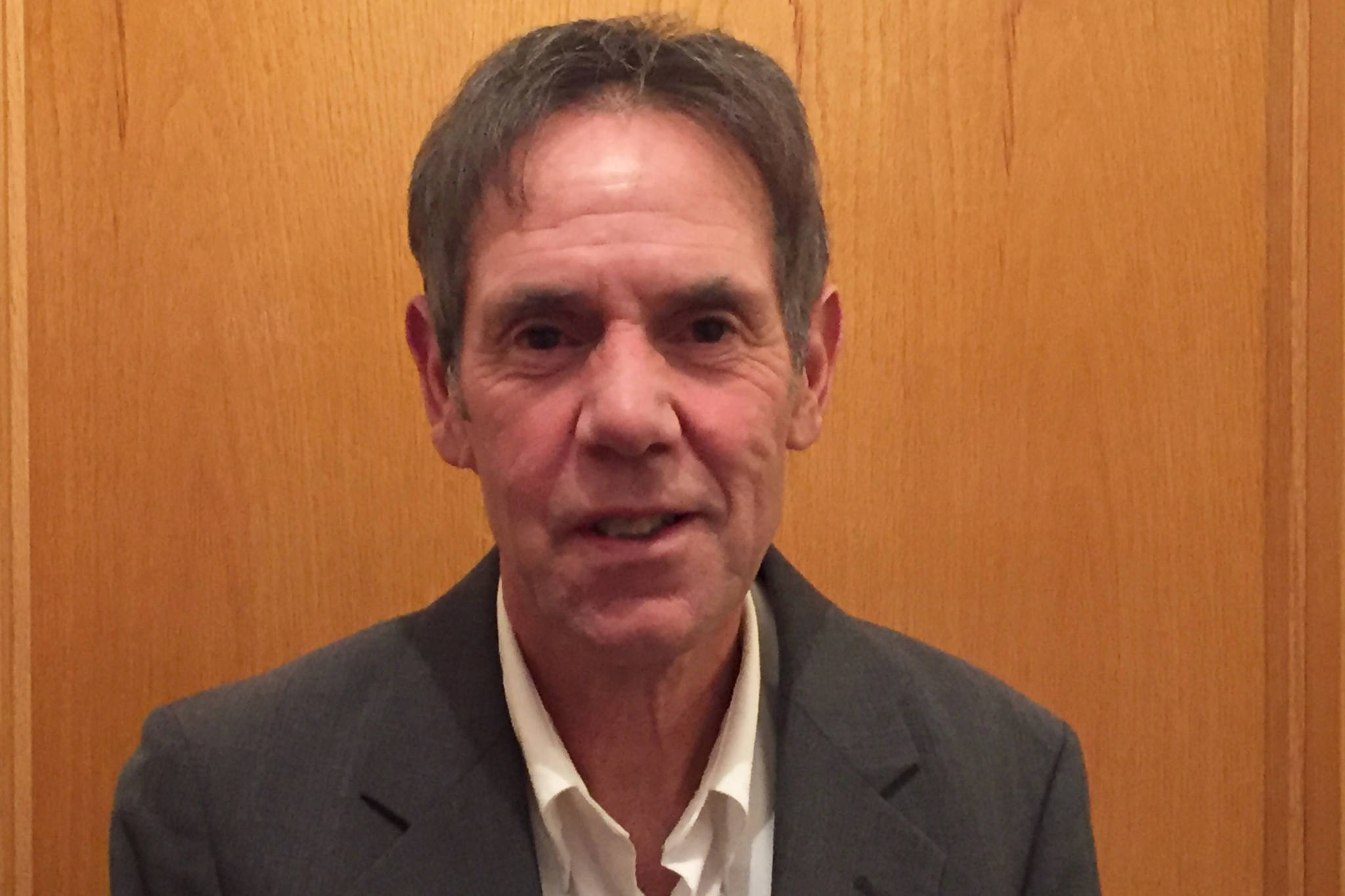From 1983-2008 I was a petroleum economist for the Alaska Department of Revenue, responsible for oil tax fiscal design. After, I entered private practice, where one on my clients, up until 2017, was the state Legislature, where I also did petroleum fiscal design. I have worked on every major Alaska oil tax bill over the past 35 years.
In that time I worked on raising oil taxes when I thought they were too low, and reducing them when I thought they were too high. Of course I didn’t always get my way.
Currently my practice is limited to voluntary public service. I have no financial ties to the oil industry. I have not for several years, nor do I expect to in the future.
This fall, per the “Fair Share Act” ballot initiative, Alaskans will vote on whether to overhaul the current oil production tax system. Given how intricate oil taxes are, this is a daunting task. Fairness is also complicated.
To be fair, something has to be fair to both sides. This is what is problematic about the initiative. The future of oil production in Alaska depends on investment. Jurisdictions compete for capital along a number of parameters: geology, costs, and fiscal terms. The capital is finite, fluid, and goes to where it gets the best deal. The concern about the initiative is that it makes Alaska uncompetitive.
The current tax system, called “SB 21,” which began in 2014, had its origins in problems with the prior tax system, called “ACES,” which went into effect in 2007. At higher prices ACES had one of the highest tax rates in the world. When oil prices escalated in 2008, while the producers made good profits here, they were making much more everywhere else.
The State also made a lot of money for a few years, but paid a price. The rate of increase in capital investment in Alaska was a fraction of what occurred worldwide. That whole era bypassed Alaska. During ACES production dropped 200,000 barrels per day.
In measuring and comparing competitiveness between jurisdictions it is important to carefully consider all the differences. Alaska has higher development, operating, and transportation costs. Many economists use the concept of “government take” to evaluate jurisdictions on an even footing. It is the percentage of the pre-tax net value that goes to government. Approaches that only look at gross revenues are inadequate.
The economists that looked at government take under ACES realized it was not competitive. They believed that a lower competitive tax rate could increase production, which could increase tax revenues.
SB 21 was designed to be internationally competitive. ACES was not. In 2013, prior to SB 21, the State’s North Slope oil production forecast for 2020 was 400,000 barrels per day (BPD) with a price of $122/bbl. This year, prior to the pandemic, it was on track to be 492,000 BPD at $64/bbl. This is 92,000 BPD more at a price $58 less.
With additional barrels also paying royalties and property and income taxes, the State is making more money now with SB 21 than under ACES with lower volumes. Future production is expected from prospects that were not going to be developed under ACES.
A drop in oil price from $108 per barrel in 2014 to $43 two years later explains the loss in State revenues after 2014, as would have happened under any tax.
Per the Department of Revenue Fall 2019 Revenue Sources Book, between 2015-2019, looking at market value, costs, and state revenues, the government received 74% of the pre-tax net value in state royalties and taxes. Using similar calculations, the Lower 48 government take was about 64%.
At current prices ($40/bbl) the government take under the status quo would be 96%. Under the initiative it would be 109%. At $60/bbl the initiative increases the production tax 300%.
Under SB 21 the nominal tax rate was increased from 25% to 35%. At the same time, a per barrel credit (PBC) was implemented, that declines as prices increase. It is not a subsidy. It makes for higher tax rates at higher price, and throttles down the tax rate as prices decrease. It does not really function like a credit; the same result could have been obtained with a progressive tax rate table without calling it a credit.
Without the credit the total tax/royalty rate in Alaska would be considerably above competitive standards. All the PBC does is reduce the tax rate to make it competitive. What the initiative precisely does is retain the high 35% rate, but remove the PBC.
The initiative raises taxes on large fields. This was tried in 1989. Investment immediately went from high tax fields to low tax fields. Revenues and production became anemic. The only difference between then and now is now investment can move to federal North Slope acreage where state royalties are much less.
Fair share is what you can get in a competitive environment. Spending more to receive less is not a sustainable business model for taxpayers. We tried the experiment of exceeding the norm and it failed.
Roger Marks is an economist in private practice in Anchorage. From 1983-2008 he was a senior petroleum economist with the State of Alaska Department of Revenue Tax Division.

